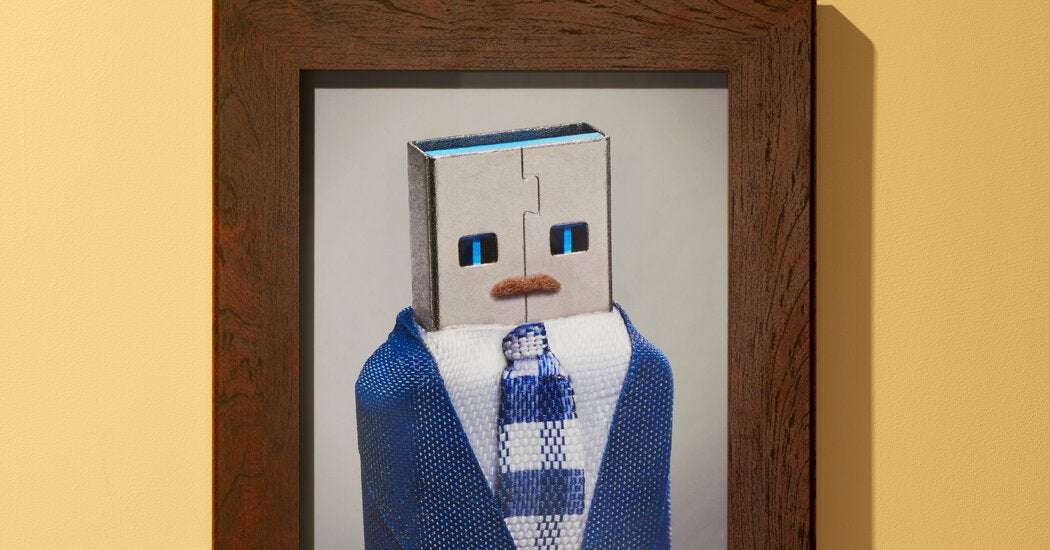The trend — quietly building for years, but accelerating to warp speed since the pandemic — goes by the sleepy moniker “robotic process automation.” And it is transforming workplaces at a pace that few outsiders appreciate. Nearly 8 in 10 corporate executives surveyed by Deloitte last year said they had implemented some form of R.P.A. Another 16 percent said they planned to do so within three years.
Most of this automation is being done by companies you’ve probably never heard of. UiPath, the largest stand-alone automation firm, is valued at $35 billion — roughly the size of eBay — and is slated to go public later this year. Other companies like Automation Anywhere and Blue Prism, which have Fortune 500 companies like Coca-Cola and Walgreens Boots Alliance as clients, are also enjoying breakneck growth, and tech giants like Microsoft have recently introduced their own automation products to get in on the action.
Executives generally spin these bots as being good for everyone, “streamlining operations” while “liberating workers” from mundane and repetitive tasks. But they are also liberating plenty of people from their jobs. Independent experts say that major corporate R.P.A. initiatives have been followed by rounds of layoffs, and that cutting costs, not improving workplace conditions, is usually the driving factor behind the decision to automate.
Craig Le Clair, an analyst with Forrester Research who studies the corporate automation market, said that for executives, much of the appeal of R.P.A. bots is that they are cheap, easy to use and compatible with their existing back-end systems. He said that companies often rely on them to juice short-term profits, rather than embarking on more expensive tech upgrades that might take years to pay for themselves.
“It’s not a moonshot project like a lot of A.I., so companies are doing it like crazy,” Mr. Le Clair said. “With R.P.A., you can build a bot that costs $10,000 a year and take out two to four humans.”

TheSingulatarian on March 7th, 2021 at 03:30 UTC »
Let's parse this statement.
"Not all bots are the job-destroying kind. Holly Uhl, a technology manager at State Auto Insurance Companies, said that her firm has used automation to do 173,000 hours’ worth of work in areas like underwriting and human resources without laying anyone off. "
But, how many employees have gone from normal quits, fires, retires and untimely deaths? How much has payroll been reduced?
raouldukesaccomplice on March 7th, 2021 at 02:36 UTC »
When you "automate" a factory, it's very obvious: there was an assembly line with people standing at it and now there are big robotic arms where the people used to be.
When you "automate" white collar work, it's the kind of back-end software that nobody ever sees and might not notice.
Debra in accounts payable used to have to manually enter a bunch of stuff. Then the company's SAP consultant implemented some tool to have all that stuff autofilled.
What happens to Debra? Either they give her more of some other kind of work to do, or they lay her off and someone else is told to do her old job, which is now more like a couple of hours a week task instead of a full-time job.
JohnCaged on March 6th, 2021 at 23:51 UTC »
I’m a musician and I don’t even feel safe from automation. AI composition, especially for things like film scoring is getting ridiculous. And when it comes to pastiching Bach and Mozart, machines can fool experts already.